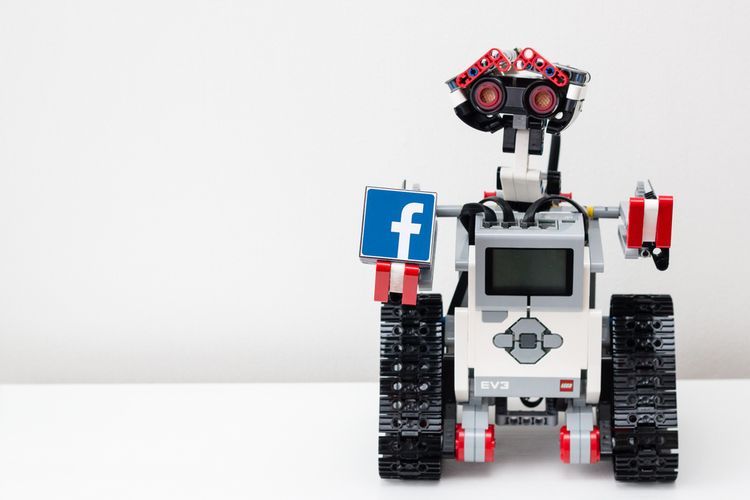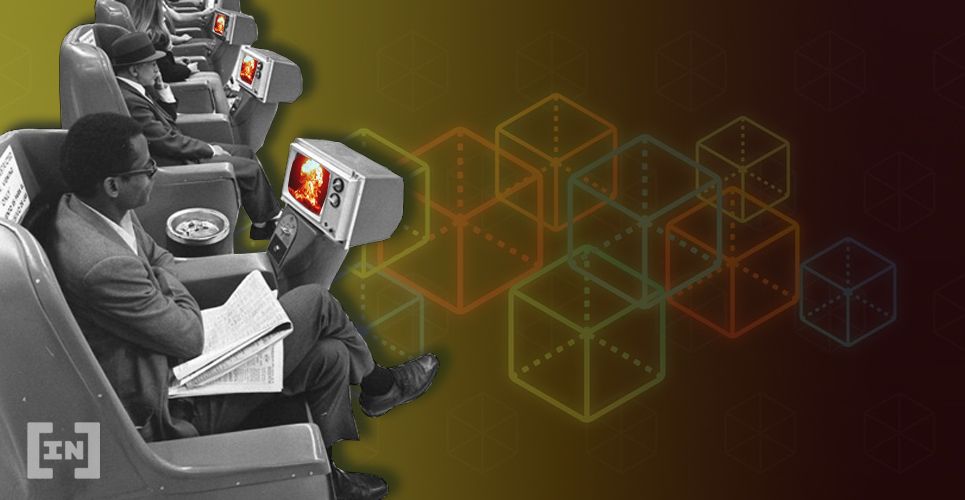When science fiction explores artificial intelligence (A.I.), it usually places the sentient machines in control of humanity. The Matrix, the Terminator, 2001: A Space Odyssey are some of the most famous examples in which A.I. has become a part of our daily lives, for better or for worse.
While we’re not quite there yet, examples of artificially intelligent machines succeeding humans are popping up more regularly. A notable example was recently covered in the New York Times’ recent piece on MetLife and its new A.I. assistant. While these robots won’t be taking over our lives any time soon, there’s a growing fear that they’ll soon be replacing our jobs.
In this specific case, an employee is taking calls while the assistant listens to how they’re performing. If he’s speaking too fast, it tells him to slow down. If he sounds low on energy, it lets him know to drink a coffee. Not exactly terrifying, but the robot is replacing the responsibilities that a boss would have.
It’s a side of automation we don’t always consider. Usually, we expect sentient bots to replace factory jobs or other repetitive forms of labor. But, this piece presents a case where A.I. takes over higher up posts as well.
Replacing Human Beings
This presents a potentially terrifying future, where unspecialized labor is replaced by sentient robots that are more efficient than humans are. What are all of these people to do when their jobs are at risk of being automated, and when those working in the unskilled menial labor sector no longer have any options? Well, one controversial solution is Universal Basic Income (UBI). In this kind of world, the government ensures a minimum income to every citizen. It’s a social program that aims to solve income inequality by, well… equalizing everyone’s salaries. The solution is imperfect, and not just because it forces us to rely entirely on the government. There’s also no unified decision on how to fund this, be it tax increases or other motives. These issues may not be an issue if using a blockchain-based UBI solution.
Simplifying The Process
What blockchain can bring to UBI is simplicity. Instead of recipients relying on the government to send out checks, the process can be automated using smart contracts. Money would be received instantly instead of waiting days for it to process. Thanks to decentralization, it wouldn’t matter where the recipient is nor what they’re doing. Plus, the asset could remain digital or be converted to local fiat. It’s entirely up to the user what they’d like to do with their money. The point is to streamline the process as much as possible. And that’s not to mention the A.I. taking over. How efficient can they really be without a blockchain-powered infrastructure? Robots would have to communicate with one another without interruption nor the need for human interference. Their systems would have to remain secure and unbreakable. Plus, those living purely off of UBI could become skilled in blockchain networks themselves, netting them a job in a growing industry. What do you think about a blockchain-based solution to automation in the workplace? Are we facing a world of automation and Universal Basic Income? Let us know in the comments below!Disclaimer
In adherence to the Trust Project guidelines, BeInCrypto is committed to unbiased, transparent reporting. This news article aims to provide accurate, timely information. However, readers are advised to verify facts independently and consult with a professional before making any decisions based on this content. Please note that our Terms and Conditions, Privacy Policy, and Disclaimers have been updated.

Max Moeller
Max is a cryptocurrency journalist with an affinity for games and emerging technology. After leaving school to start a writing career, he wrote his first article on blockchain and fell down the rabbit hole. Since starting in 2017, Max has worked with multiple blockchain startups and crypto enthusiast spaces, doing his best to educate the world on the nascent technology. Max has been published in various blockchain and crypto related magazines before settling down at BeInCrypto to focus on...
Max is a cryptocurrency journalist with an affinity for games and emerging technology. After leaving school to start a writing career, he wrote his first article on blockchain and fell down the rabbit hole. Since starting in 2017, Max has worked with multiple blockchain startups and crypto enthusiast spaces, doing his best to educate the world on the nascent technology. Max has been published in various blockchain and crypto related magazines before settling down at BeInCrypto to focus on...
READ FULL BIO
Sponsored
Sponsored
